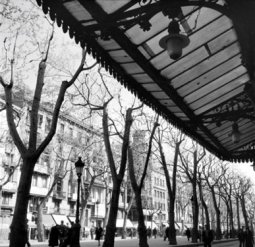
Picasso Series
Picasso Series is a selection of photographs by Joaquim Gomis taken in 1968 that document a walk around the streets of the Picasso’s Barcelona.

Picasso Series is a selection of photographs by Joaquim Gomis taken in 1968 that document a walk around the streets of the Picasso’s Barcelona.

Exhibition of portrait photographs of residents of the city of Rotterdam taken by Shehera Grot.
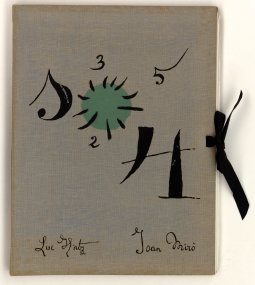
Second exhibition from the Archive of the Fundació Joan Miró, which focuses on the first book illustrated by Joan Miró.
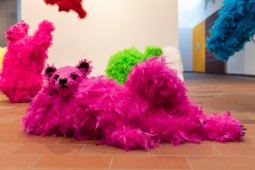
Imaginary Friends presents a selection of interactive contemporary works to familiarise children and the general public with today’s emerging art

«Fixations per Minute» is a programme of four exhibitions that explores the concept of reading and its connection with current artistic practices by means of a selection of works by artists on the local and international scenes.
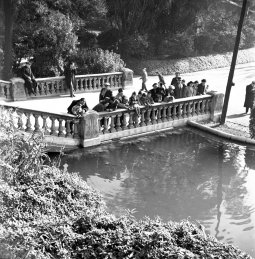
Exhibition of photographs taken by Joaquim Gomis in various spots around the city of Barcelona and in Sitges and El Masnou between the 1940s and early 1960s.
about "Illusions and Illusionism. Photographs by Joaquim Gomis"
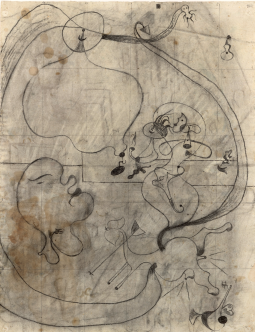
The exhibition inaugurates this space and which gives an account of the magnitude of the operation to transfer the fonds to its new home.
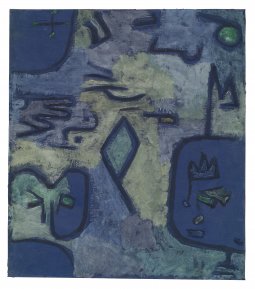
The exhibition Paul Klee and the Secrets of Nature centres on the ongoing fascination of the Swiss-German artist for the observation of nature and natural phenomena. The exhibition is structurated in four sections, each of which includes work of other artists who also explored aspects of natural phenomena. As female artists, however, they did not receive due attention or consideration in their day
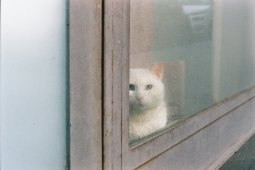
Bimbo is an exhibition of photographs in the lobby of the Fundació Miró, which accompanies the temporary exhibition Paul Klee and the Secrets of Nature. It takes the passion for cats shared by the dancer and photographer Nora Baylach and Paul Klee as the starting point.

Long days, short nights features photographs that Joaquim Gomis took during the summers he and his family spent in Sitges and Ibiza.
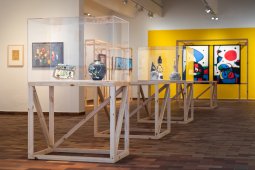
Miró. His Most Intimate Legacy unveils a relatively unknown facet of Miró as a collector of his own work, which was expressed in the creation of three personal collections: his own; that of his wife Pilar; and the collection of his daughter Dolors. This project seeks to renders homage and express gratitude to the artist as well as to the three generations of the Miró family that have shown leadership in the universal artist’s commitment to the Fundació Joan Miró and the city of Barcelona.
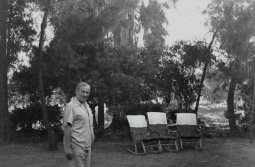
This exhibition presents a selection of photograph deposited by Enric Tormo Freixes in the archive of the Fundació Joan Miró. They are all photographs taken in the 1940s and 1950s, portraying Miró in his family and professional contexts, whether in Barcelona, in Mont-Roig or in working trips to Paris.